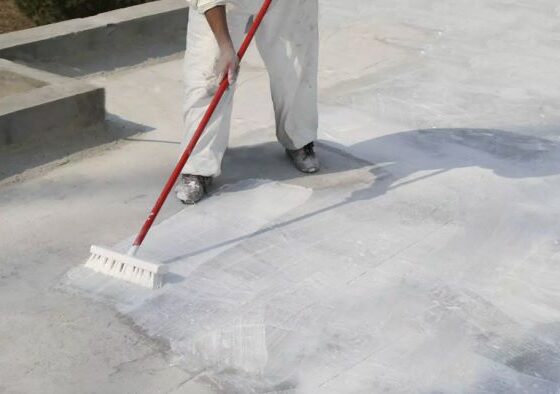Many support services in Sydney provide help and assistance to the elderly and ailing individuals. These services take care of patients physically and mentally to relieve symptoms like pain, stress and anxiety that may occur during a severe illness. Palliative care is provided in addition to curative treatment by a team of doctors, nurses, social workers and other healthcare professionals. Individuals who require support can approach services like in home care in Sydney.
Palliative care does not cure cancer or other serious illnesses but helps patients feel better physically and emotionally (for example, by relieving pain), so they can live more comfortably.
History of palliative care
Palliative care was given to patients in Ancient Egypt and Chinese Taoist writings from the 6th century BC describe the use of herbs and acupuncture to ease the pain. The modern palliative care movement started during World War II when doctors noticed increased death rates due to injuries sustained during battle. In response, they began treating returning soldiers with morphine and other painkillers so they could be discharged from hospitals more quickly. This practice led to an increased need for someone to manage these patients’ pain once they return home.
Pain management
All palliative care aims to eliminate pain, but it’s not always possible. Pain management is a collaborative process that involves the patient, family and friends, and healthcare team members. The best way to manage someone’s pain varies from person to person because each experiences pain differently and has different needs in the final days.
Pain medication comes in many forms and can be given orally or by injection. Some drugs are more effective than others at controlling certain types of pain. Along with medications, there are alternative strategies that can help reduce the suffering associated with chronic or terminal illness: massage, hot packs, relaxation techniques such as meditation or guided imagery distraction therapies like reading aloud books or watching TV shows together as a family may help distract patients from their discomfort.
Respite care
Respite care is a temporary service that provides a break from the responsibilities of everyday life. It can be helpful for anyone who cares for someone else, such as a parent, spouse or child with an illness or disability. A caregiver needs time to relax and recharge after spending so much time providing constant care to another person. Respite services may also assist with housekeeping, grocery shopping and other daily tasks that require regular attention but aren’t easy for an individual with limited mobility or strength due to age-related conditions such as arthritis or Parkinson’s disease. Palliative care team members may also assist with transportation as needed.
Chaplain services
Chaplains are trained to help people deal with grief, loss, and death. They serve as spiritual counsellors who might lead you in prayer or meditation but don’t believe in a particular religious denomination. Chaplains can also be available 24/7 by phone, email or text message so that you can contact them whenever you need support for yourself or your family.
When should you ask for palliative care?
Palliative care is a holistic approach to physical, emotional, social and spiritual needs. Services in Sydney offer complete support to the patients and their families. Professional medical help is available at all times. Such support units respect cultural diversity and promote egalitarian values. The following situations are the most common times to seek support.
- Hospitalised with serious illness or injury
- Living at home with serious illness or injury
- In residence at a hospice facility due to terminal illness
You can look for support services like in home care in Sydney that offer medical assistance and provide all facilities required for the aged to make living comfortable and stress-free.










